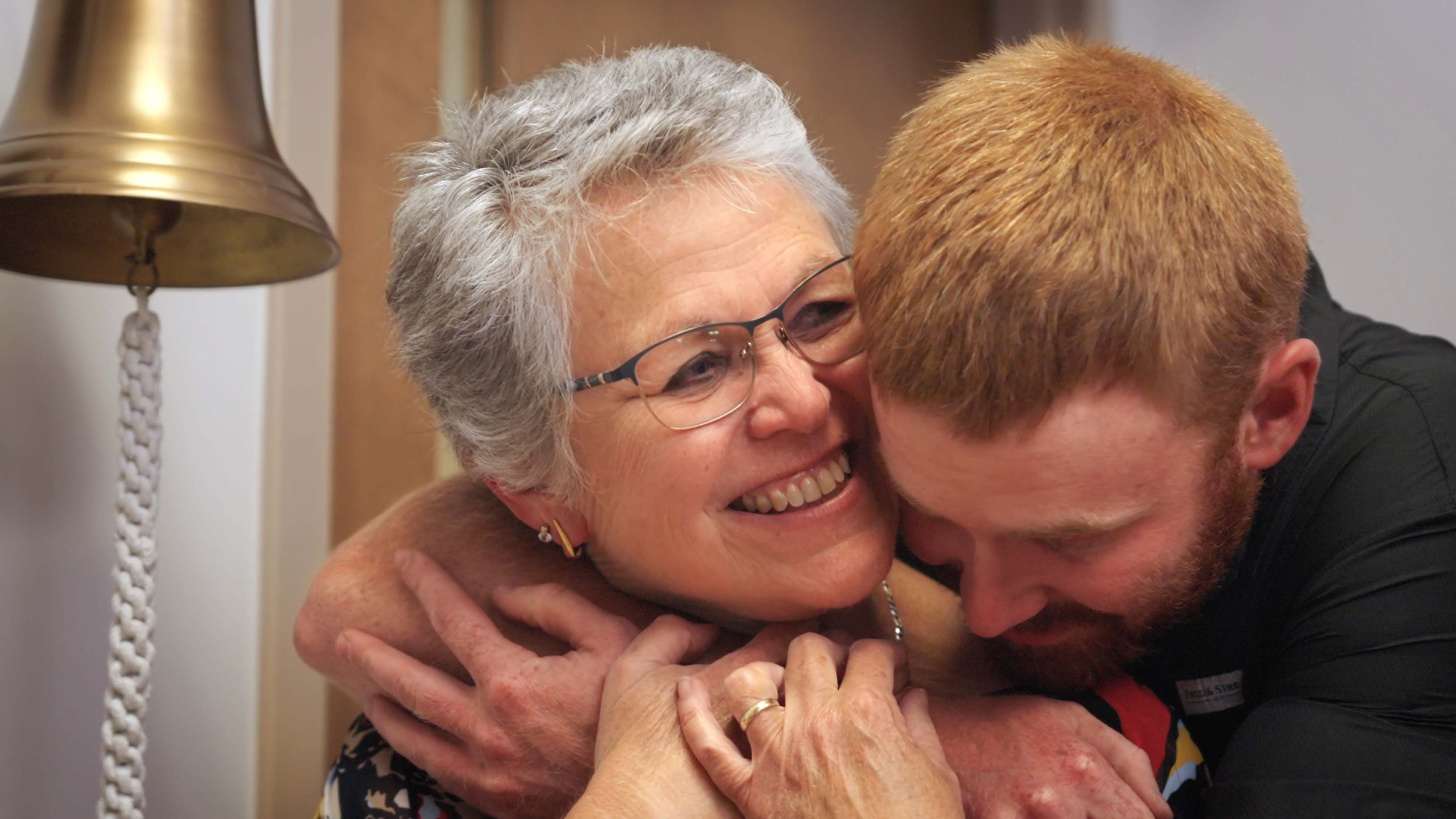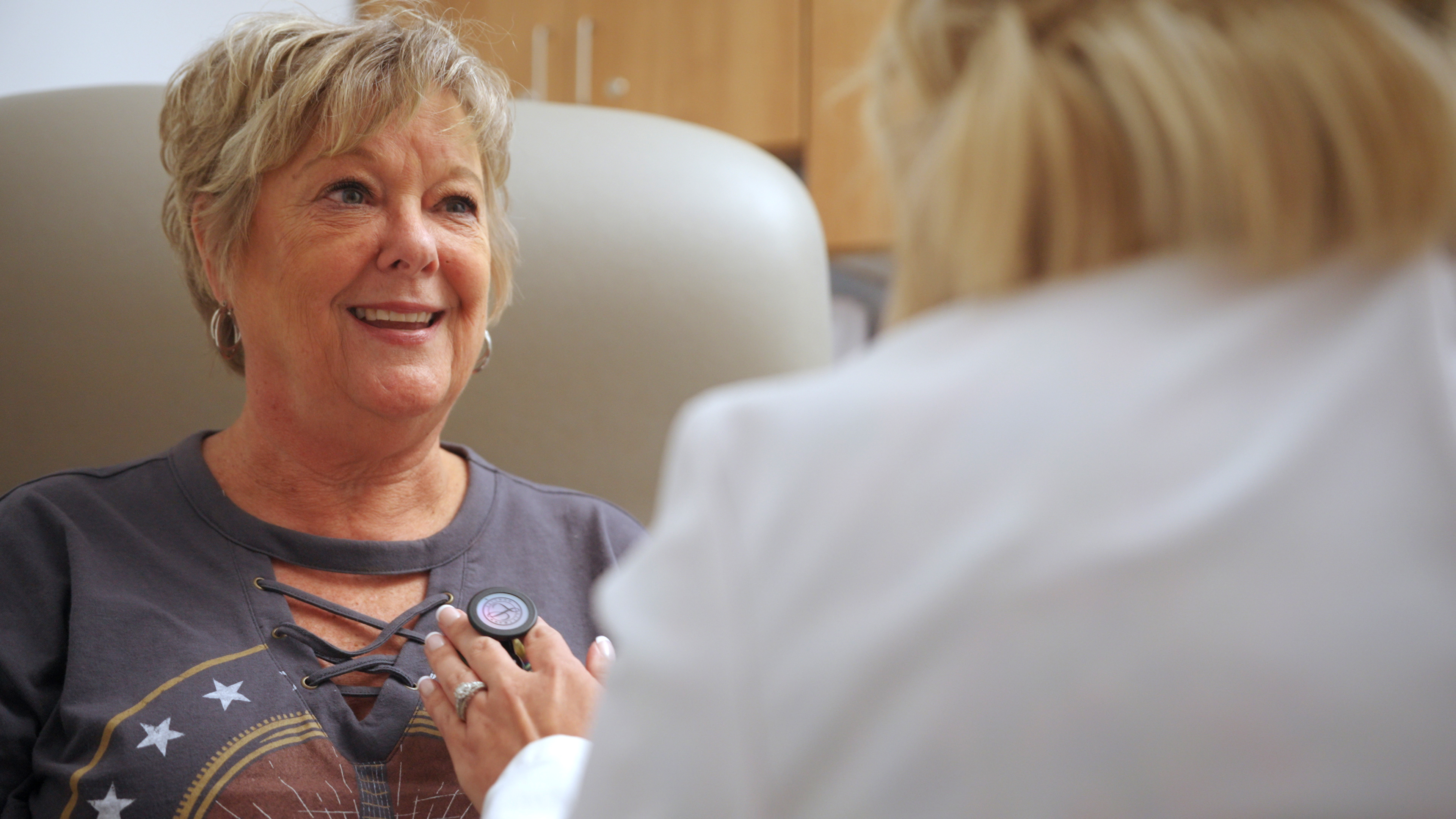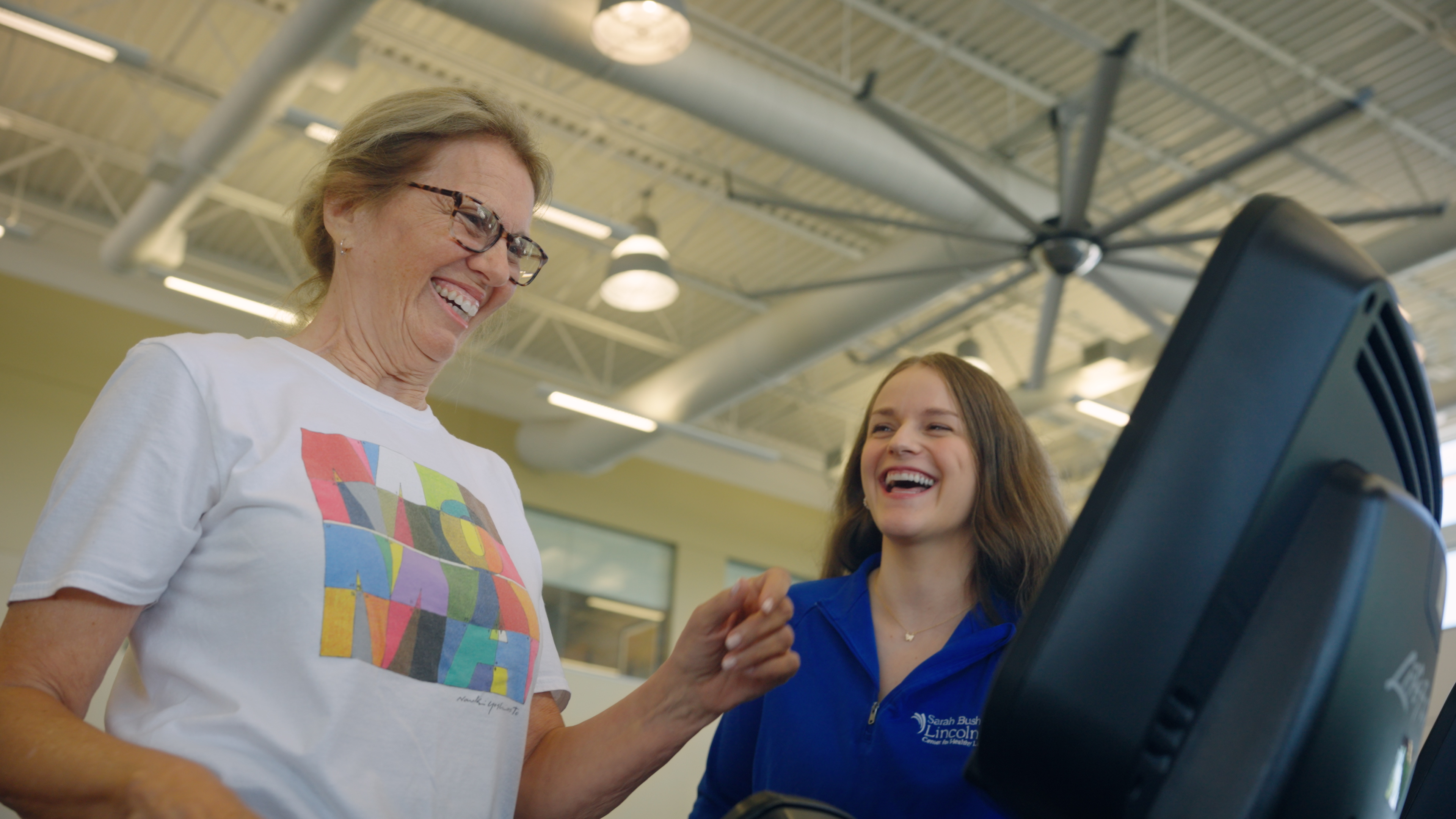Obstructive Sleep Apnea
Obstructive sleep apnea is a common disorder in which a person stops breathing during sleep. It is a treatable disorder that affects millions of men, women and children. It is estimated that at least 10 million Americans have undiagnosed sleep apnea.
What happens during sleep apnea?
During obstructive sleep apnea, the soft tissue in the rear of the throat collapses and closes the airway so that sufferers of sleep apnea stop breathing repeatedly during sleep, as frequently as a hundred times an hour and often for a minute or longer.
With each apnea, or pause in breathing, the brain receives a signal to arouse the person from sleep in order to resume breathing, and consequently sleep is very fragmented and of poor quality. People with untreated sleep apnea are generally not even aware of the awakenings, but only of being extremely sleepy during the day. However, they may realize that they snore or gasp for air during sleep. Loud snoring with periods of silence is a typical symptom, especially in children, but apnea can occur without snoring.
Signs and Symptoms
• snoring with pauses in breathing
• gasping/choking during sleep
• restless sleep
• sleepiness/fatigue during the day
• irritability
• depression
• memory loss
• lack of concentration
• morning headaches
• frequent nighttime urination
• sexual dysfunction
Risk Factors
• family history of sleep apnea
• excess weight
• a large neck
• a recessed chin
• abnormalities in the structure of the upper airway
• ethnicity
• smoking
• alcohol use
Sleep apnea can affect both men and women of all ages, including children, and people of any weight.
How Sleep Apnea is Diagnosed
• physical exam and history
• questionnaire
• sleep study in The Sleep Lab
A Sleep Study
A sleep study is painless and usually conducted throughout the night while you sleep in a specially designed lab that resembles a hotel room. Lightweight sensors are attached to the scalp, areas of the upper body and the legs to record electrical activity. A specially trained polysomnographic technologist monitors breathing patterns, muscle movement and the sleeping EEG. Following the study, a sleep specialist will interpret the results of the test and send them to your physician.
Obstructive Sleep Apnea is easily identified and effectively treated to improve the quality of your life.
For more information about the Sleep Disorders Center, call 217-258-4908.









